CHNS invites public participation in development of a sediment management framework

The National Park Service (NPS) published a Notice of Intent (NOI) in the Federal Register today to prepare an Environmental Impact Statement (EIS) for sediment management at Cape Hatteras National Seashore (Seashore).
The purpose of the EIS is to develop a streamlined framework for implementing sediment management at the Seashore, including the method, location, and frequency for sediment management actions that may be permitted over the next 20 years. The Seashore has received various requests and anticipate future requests to issue special use permits for protecting roads, bridges, electrical transmission facilities, and other public transportation facilities; repairing island damages, including breaches that also affect transportation; and restoring habitat through the placement of dredged materials along eroded sections of barrier islands. A sediment management framework is needed to assist the Seashore in addressing this request and others, while avoiding and minimizing impacts that may be associated with such actions conducted by NPS and other agencies to mitigate shoreline erosion. The framework is needed to limit impacts to the Seashore and provide timely response for localized beach nourishment efforts in the face of increased storm events and projected sea-level rise. Similarly, sediment management strategies may be used for specific habitat restoration projects.
As part of the EIS process, the NPS looks forward to collaborating with several cooperating agencies, including: the Army Corps of Engineers, the Bureau of Ocean Energy Management, Dare County, the Fish and Wildlife Service, Hyde County, the North Carolina Department of Transportation, and the North Carolina Wildlife Resources Commission.
“Due to the dynamic nature of the Seashore’s beaches, our partners are likely to continue to request permits for beach nourishment and similar projects that help to maintain and restore important transportation routes for the community, emergency response, and visitor access,” stated National Parks of Eastern North Carolina Superintendent David Hallac. “We look forward to a collaborative process with our stakeholders as we work to develop and describe conditions that protect Seashore resources over the long-term.”
Today’s publication of the NOI in the Federal Register initiates the formal National Environmental Policy Act process and begins a 30-day public scoping period. As part of the public scoping process, the NPS will host four virtual meetings via webinar. You are invited to attend these meetings to learn more about the scope, issues and alternatives, ask NPS representatives questions, and provide comments.
For additional information on the EIS process, please see the attached Public Scoping Newsletter or visit https://parkplanning.nps.gov/CAHASediment.
Comments are to be submitted electronically at https://parkplanning.nps.gov/CAHASediment, the preferred method, or mailed to Superintendent, Cape Hatteras National Seashore, 1401 National Park Drive, Manteo, NC 27954. Deadline to submit comments is May 10, 2020.
Virtual Public Scoping Meetings are planned for April as follows:
- Public Scoping Webinar 1:
- April 20, 11:30 AM – 12:30 PM ET
- Link: https://attendee.gotowebinar.com/register/7548762357282348557
- Webinar ID: 449-480-987
- Public Scoping Webinar 2:
- April 21, 7:00 – 8:00 PM ET
- Link: https://attendee.gotowebinar.com/register/8685229670379605517
- Webinar ID: 788-190-091
- Public Scoping Webinar 3:
- April 22, 6:00 – 7:00 PM ET
- Link: https://attendee.gotowebinar.com/register/3125413884600066573
- Webinar ID: 627-583-883
- Public Scoping Webinar 4:
- April 23, 5:30 – 6:30 PM ET
- Link: https://attendee.gotowebinar.com/register/1589959090394535435
- Webinar ID: 546-626-443
Virtual meeting registration information is available at https://parkplanning.nps.gov/CAHASediment.








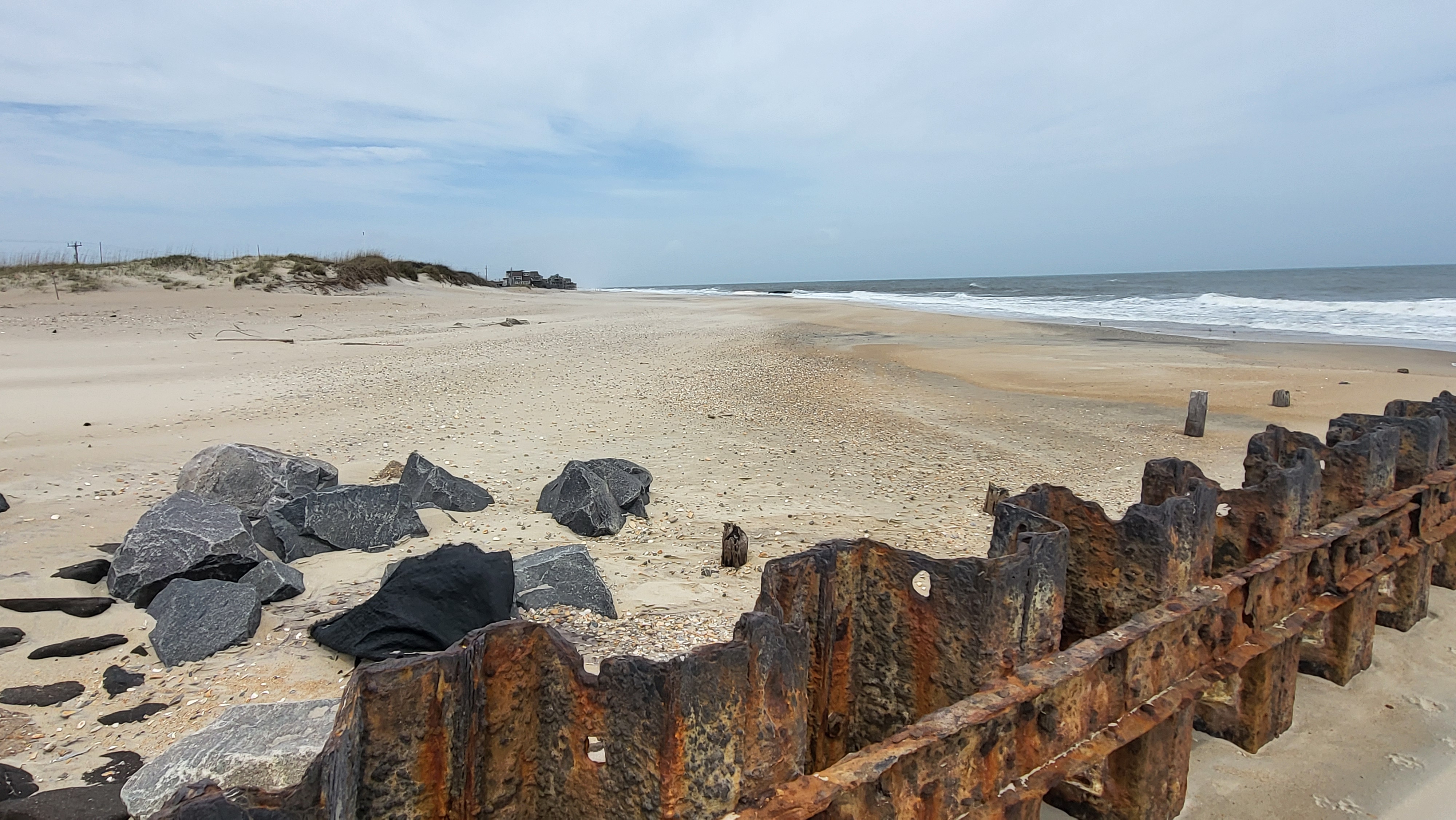
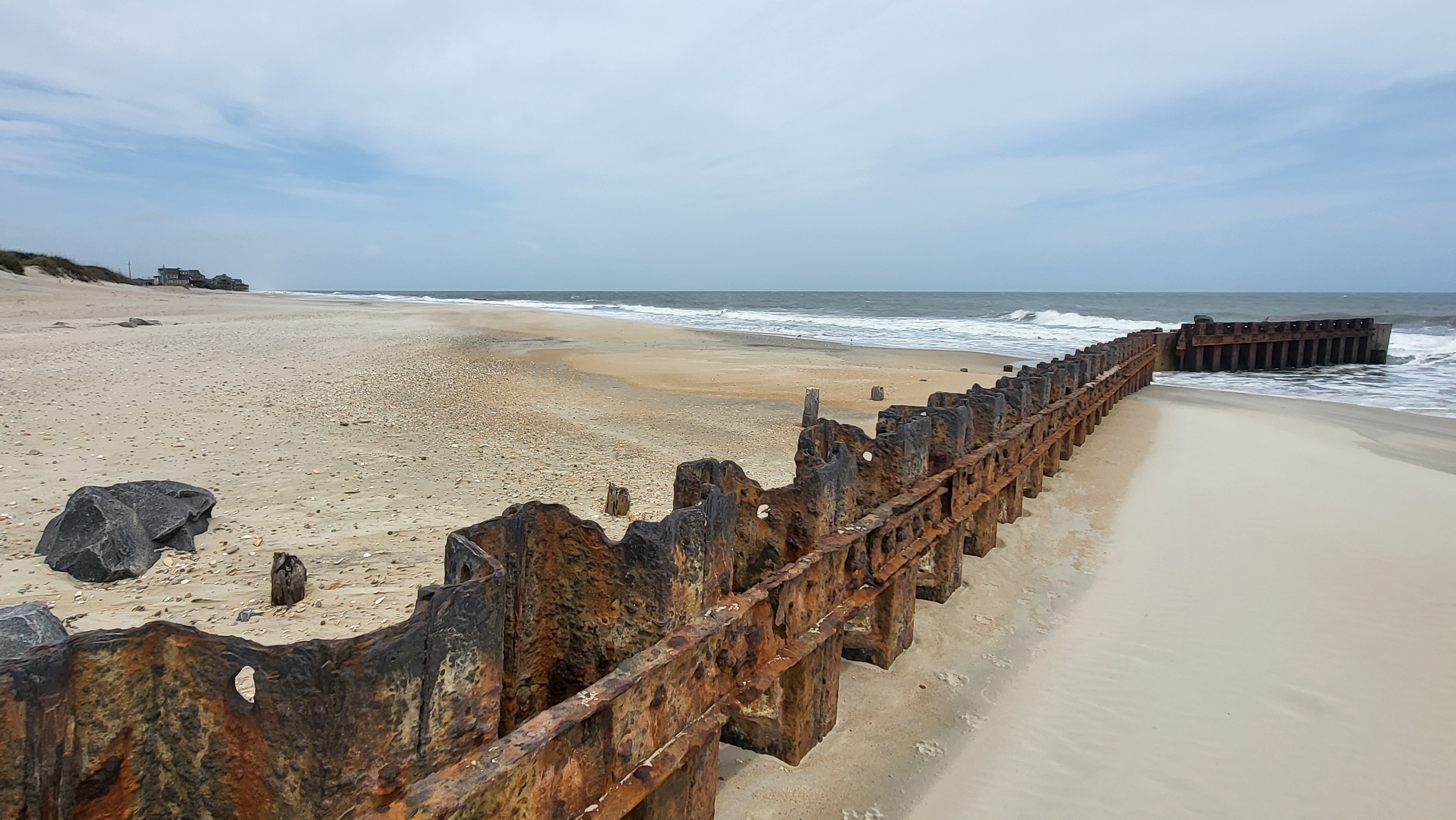
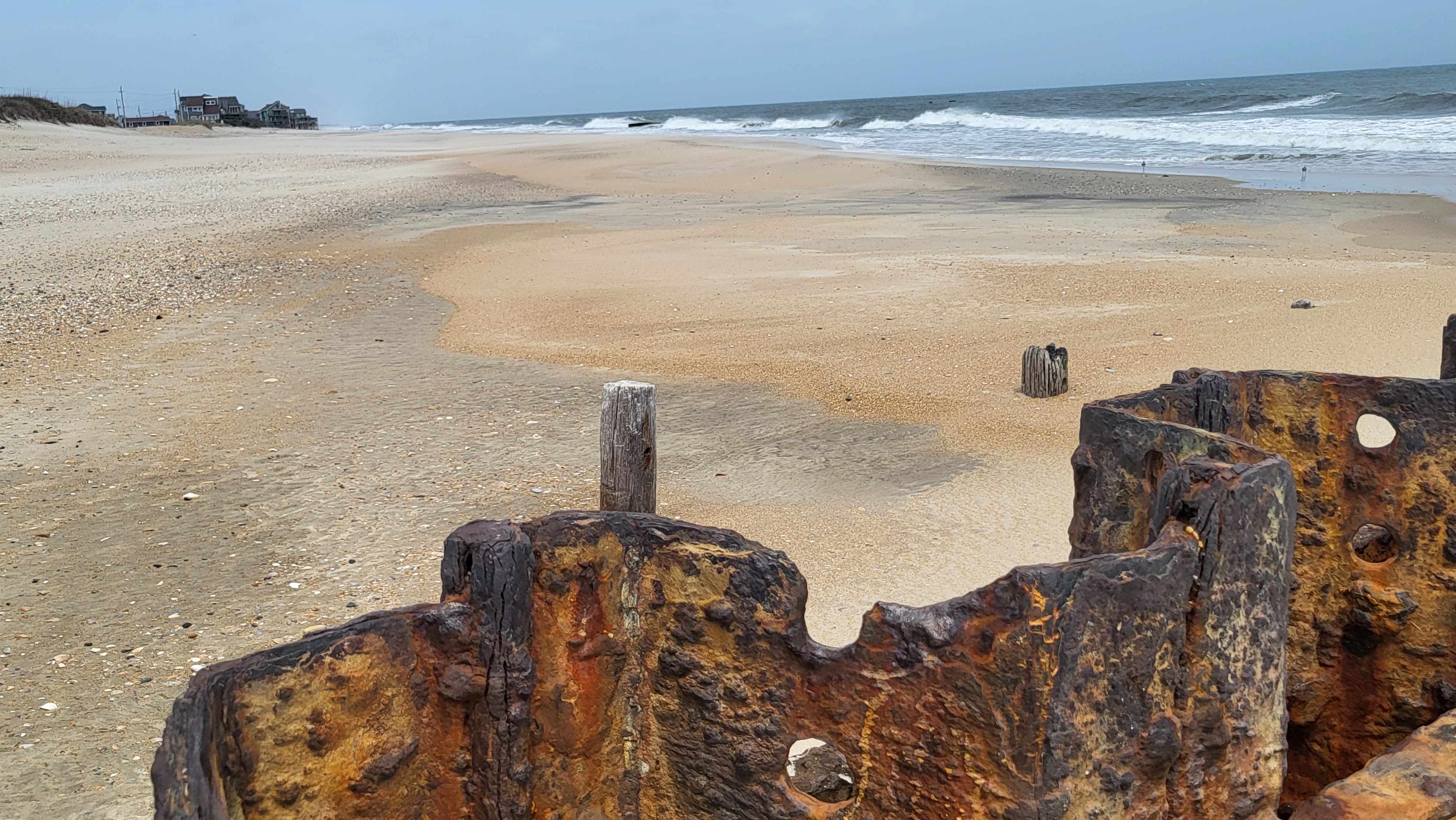

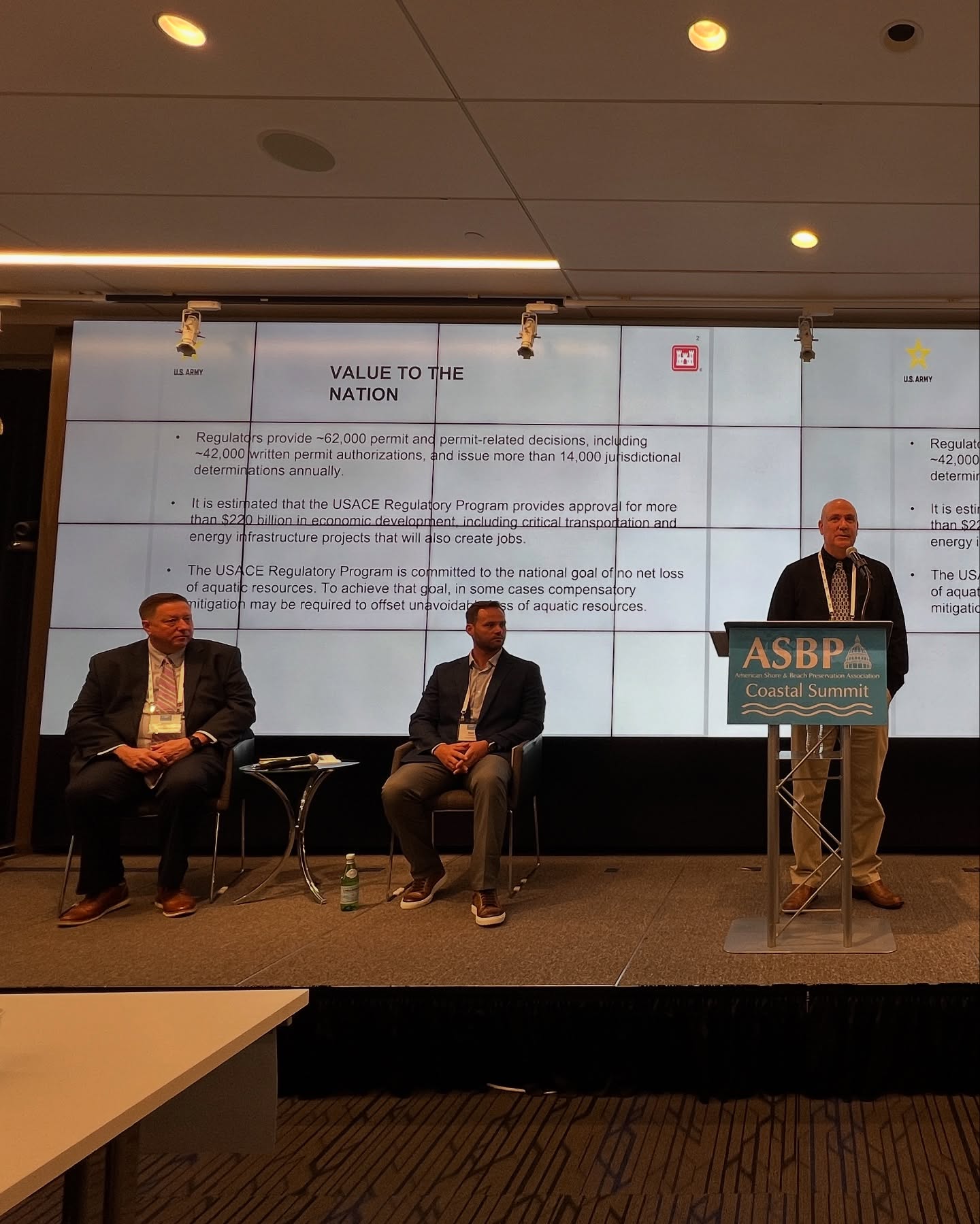
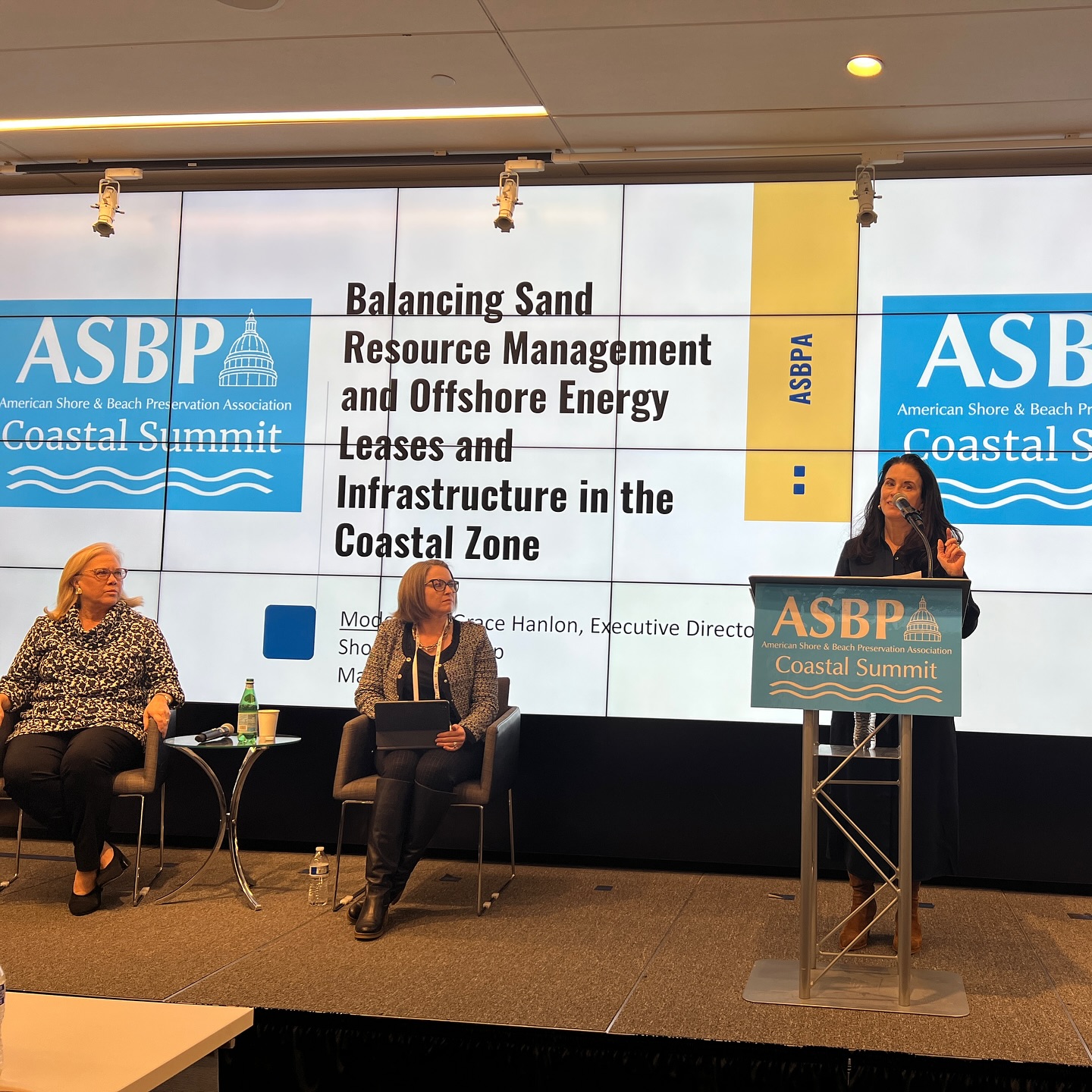
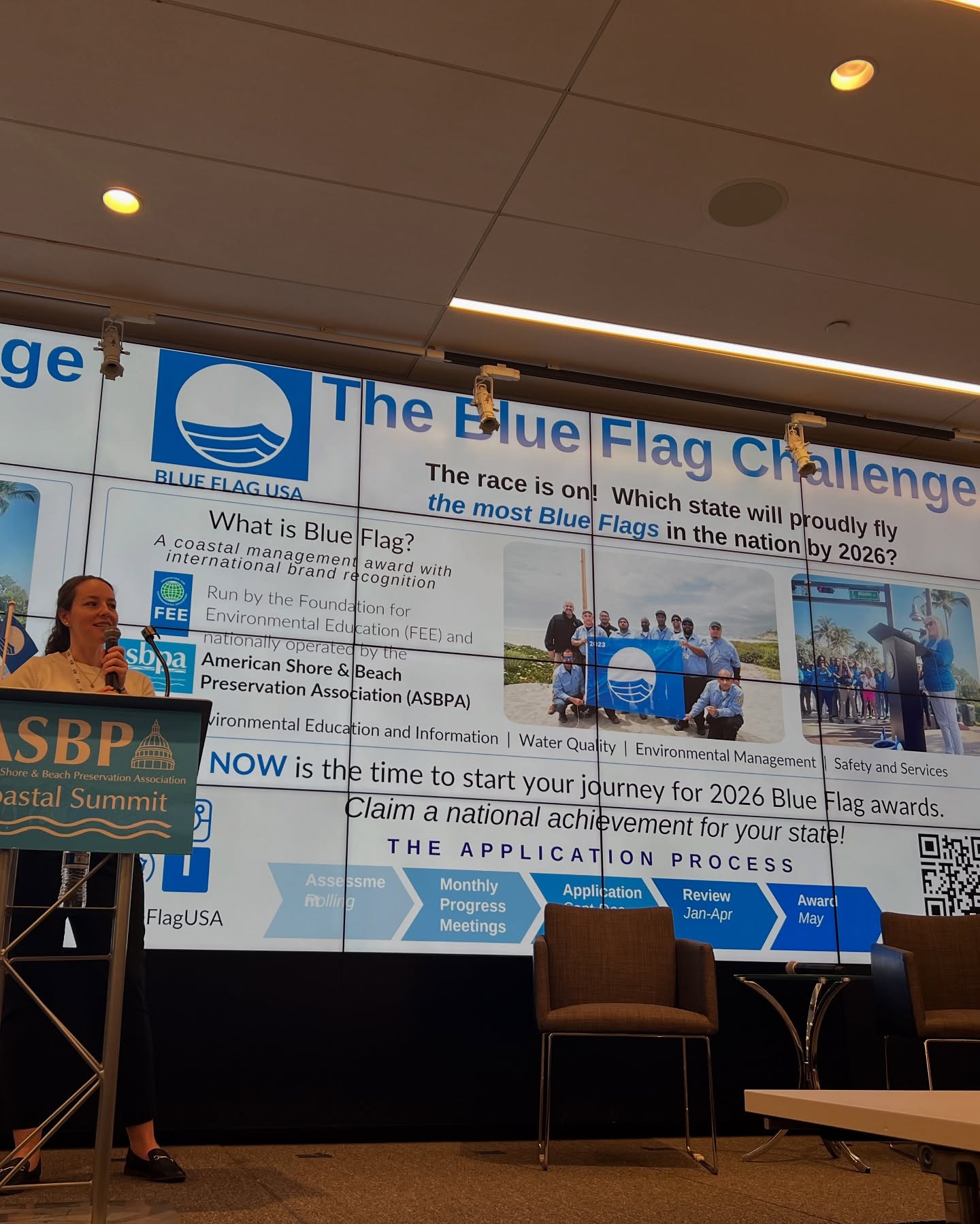
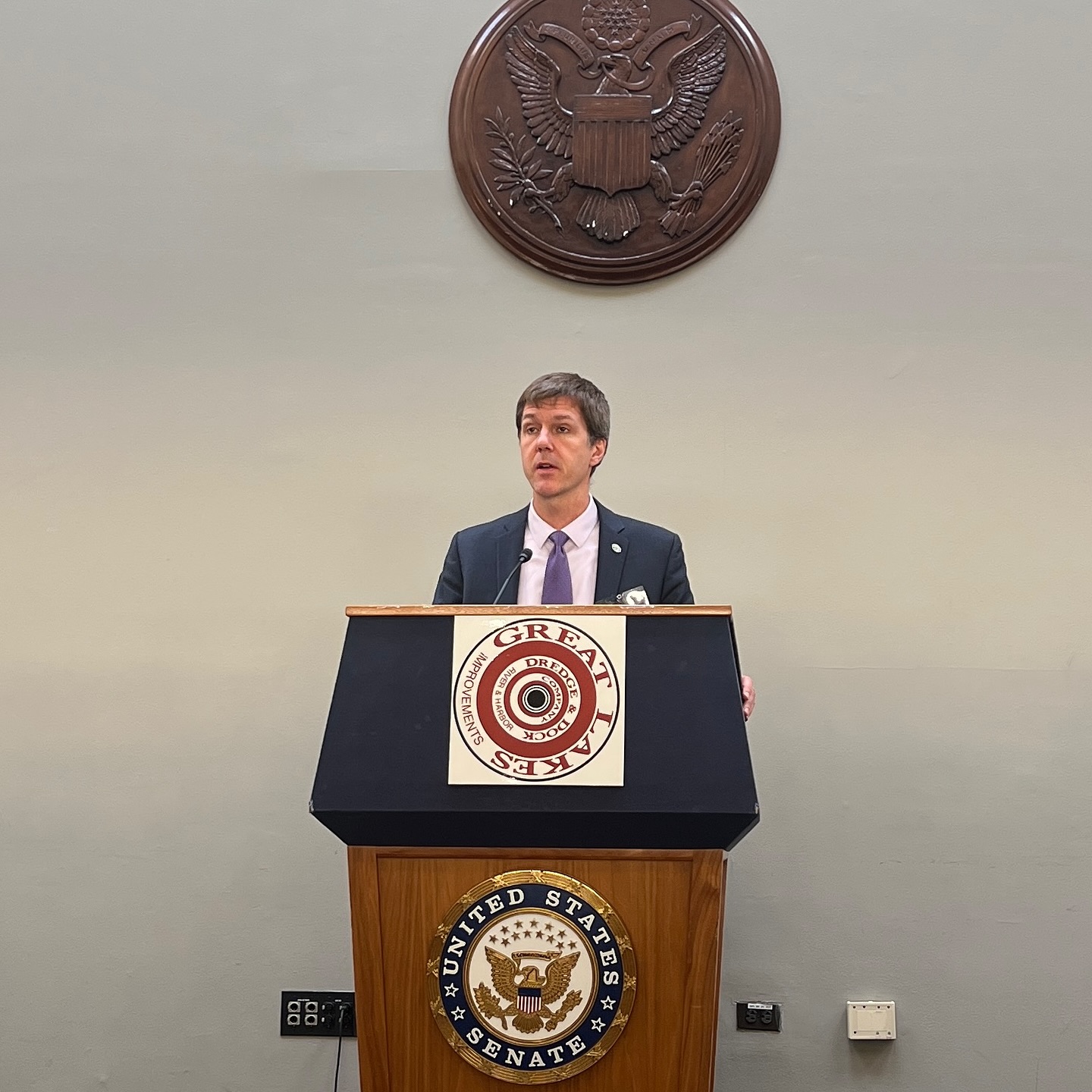
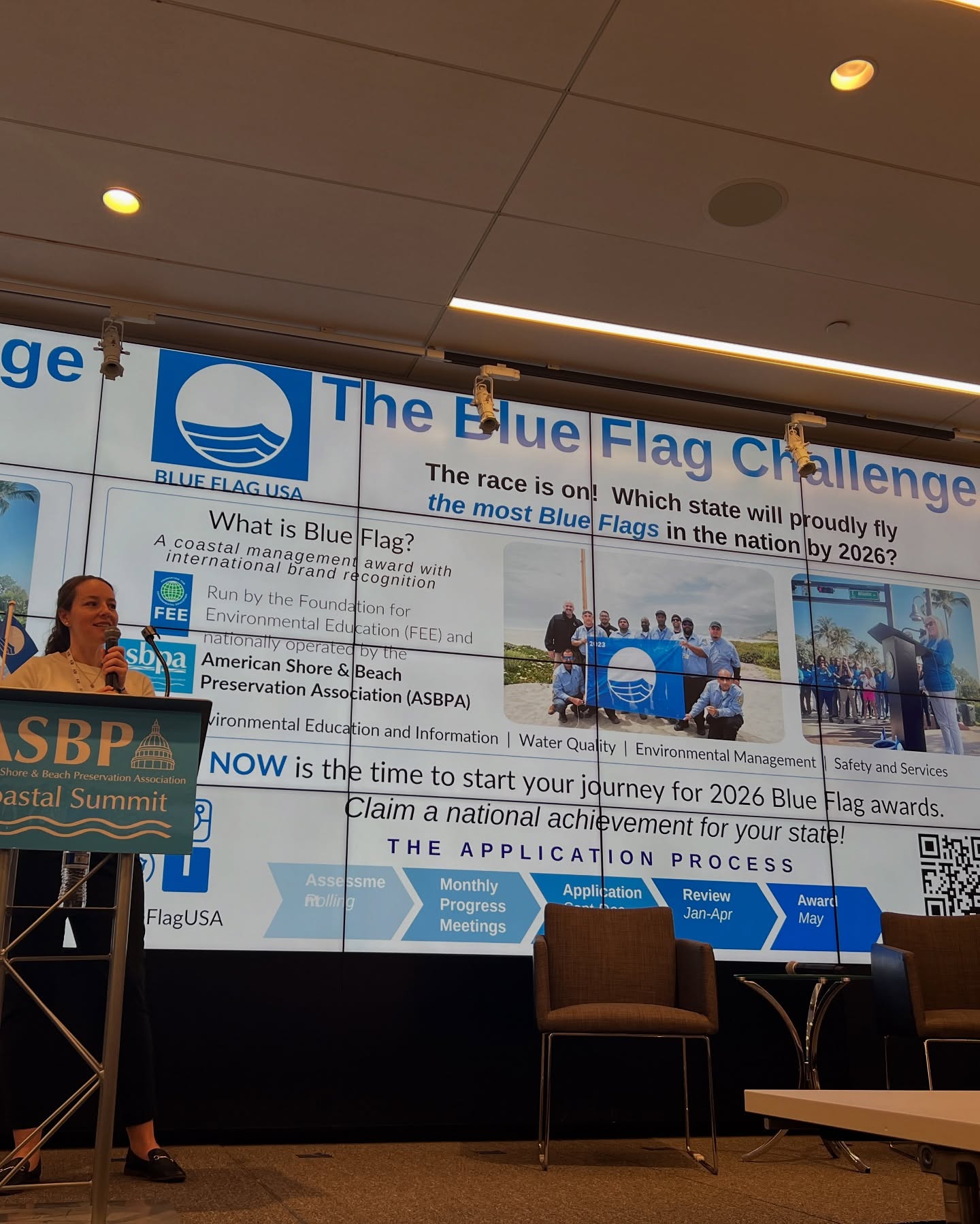
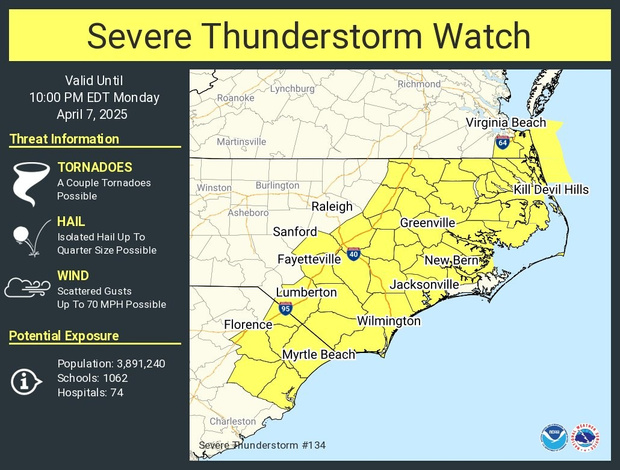
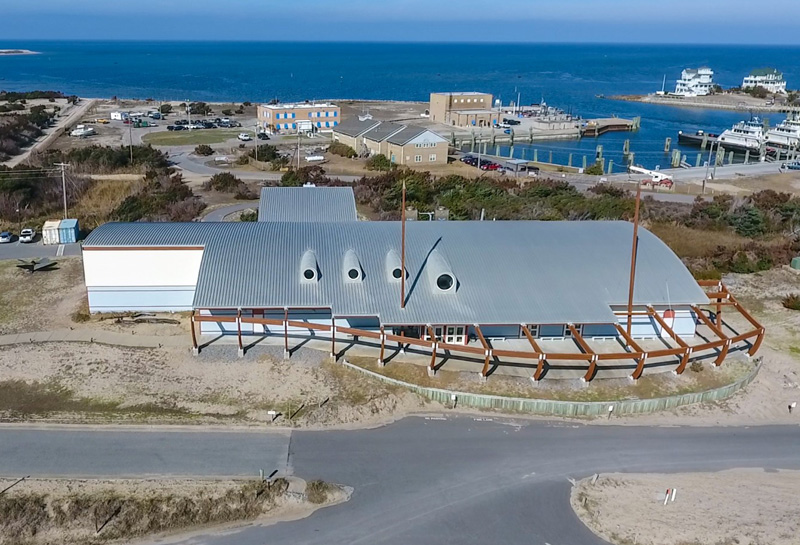



A good start is to stop building dune lines which are proven over and over again to increase erosion rates.